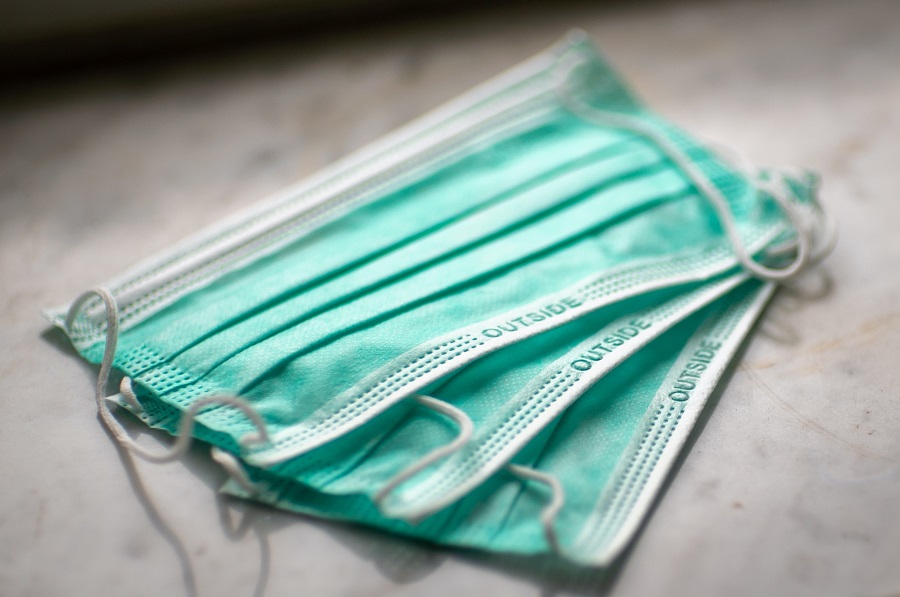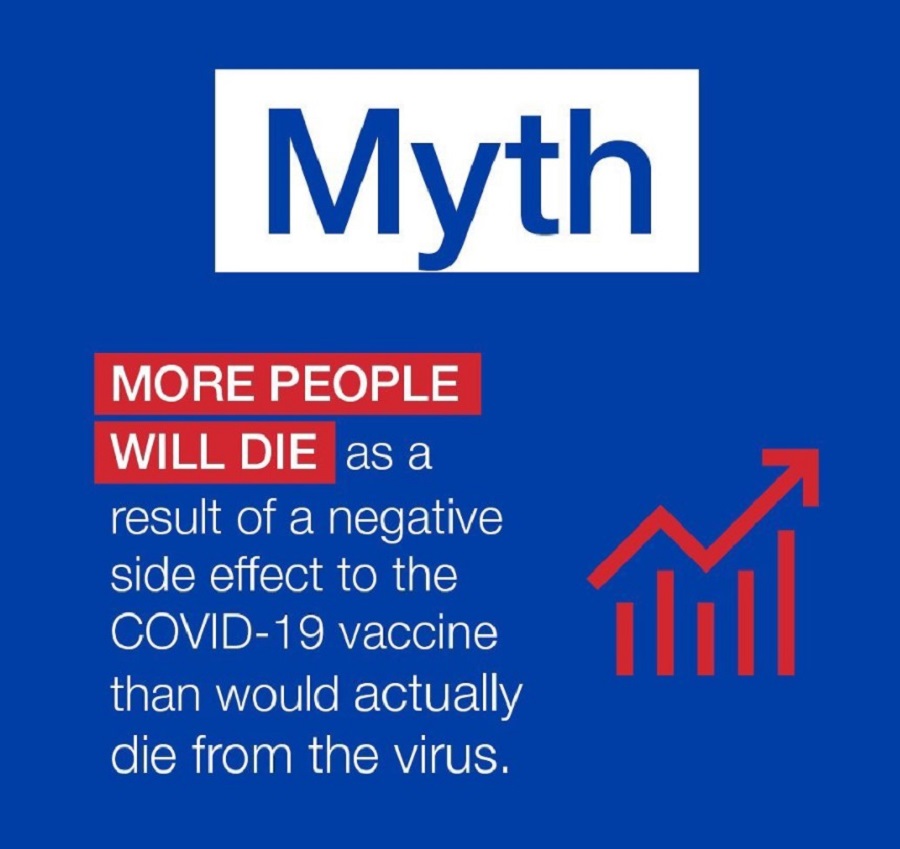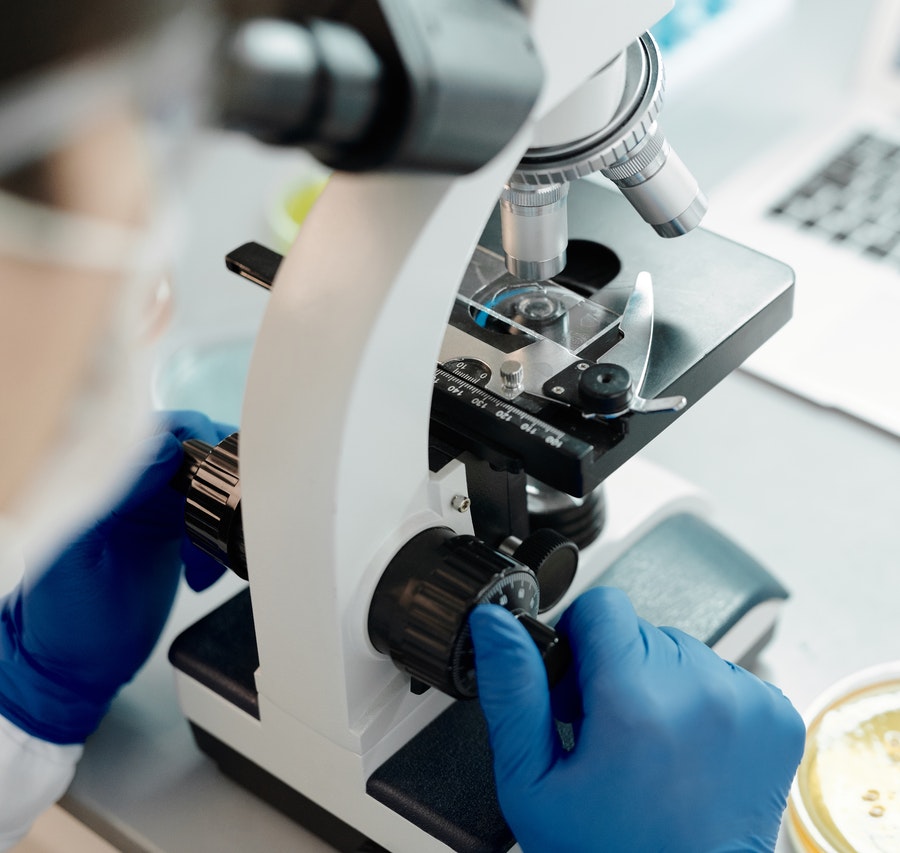Fill Me In
Prime Minister Lee Hsien Loong’s 14 December address to the nation included news of Singapore entering Phase 3 on 28 December.
Aside from that, PM Lee also updated Singaporeans on the availability of the COVID-19 vaccine. The first COVID-19 vaccine shipment will arrive on local shores by end December, and Singapore will be one of the first countries to receive it.
While this is good news and light at the end of a long dark tunnel for us, there’s still so much more to learn about this vaccine.
We’ve taken the opportunity to debunk some myths which have been swirling around this widely talked about vaccine.
READ: COVID-19 Updates: Mr Lawrence Wong at 2021 IPS Forum
Myth 1: COVID-19 vaccines aren’t safe, as they were developed and tested quickly
Fact: The vaccine Singapore has approved of was developed by American pharmaceutical giant Pfizer and its smaller partner, German company BioNTech. It was produced in less than a year since COVID-19 first surfaced.
In a press statement, Dr Albert Bourla, Pfizer’s Chairman and CEO said, “With hundreds of thousands of people around the globe infected everyday, we urgently need to get a safe and effective vaccine to the world.”
Based on research data shared by Pifzer, it was mentioned that no serious safety concerns were observed while they were conducting clinical trials with over 43,000 participants.
The vaccine had a 95 per cent efficacy level in preventing COVID-19, 28 days after the first dosage is given. What this means is that one week after a person gets the second dose, if the person has not been infected by the virus before, there is a 95 per cent chance that the vaccine will work.
READ: One Year On for COVID-19: How One Pandemic Brought the Whole World to a Standstill
Myth 2: A person who has contracted Covid-19 previously and recovered from it doesn’t need to get vaccinated
Fact: There’s currently insufficient information available to determine if or for how long after infection someone is protected from getting COVID-19 again. This is called natural immunity.
Though early evidence suggests natural immunity from COVID-19 may not last long, more studies are required to better understand this.
If in doubt, always check with your vaccine provider first.
Myth 3: There are some severe side effects for COVID-19 vaccines
Fact: The vaccine produced by Pfizer-BioNTech was reported to have no serious safety concerns based on clinical trials.
According to ChannelNewsAsia, while two people in the UK experienced allergic reactions to the Pfizer-BioNTech vaccine, it is important to note that they reportedly had known allergies and carried adrenaline autoinjectors, suggesting that they had a prior history of severe allergic reactions, such as anaphylaxis, which is a severe and rapid form of allergy.
It was also highlighted that severe allergic reactions to vaccines are extremely rare, with anaphylaxis occurring after approximately one per million vaccine doses.
As such, those with any allergy history are highly recommended to share that information with their doctor first prior to getting the vaccine jab.
READ: Would You Please Stay Put? What Exactly is SHN?
Myth 4: Face mask is no longer required after one gets vaccinated
Fact: CNN has reported that it might be possible that someone could get the vaccine and still be an asymptomatic carrier. Though they might not be showing visible symptoms, they do still have the virus in their nasal passageway. Thus, there’s a possibility that the virus can be transmitted to others unknowingly.
As such, those who have gotten themselves vaccinated should continue wearing masks and practise safe distancing as precautions.

Myth 5: More will die due to the vaccine’s negative side effects, as compared to those who passed on due to the virus itself
Fact: Mayo Clinic Health System has clarified that while some who get themselves vaccinated may develop symptoms as their immune system responds, it is a common reaction when receiving any type of vaccines.
It is important to note that one will not become infected with COVID-19 from the vaccine itself. This is because they are inactivated vaccines, and not live-virus vaccines.

Myth 6: The vaccines were developed to control the population through microchip tracking in the human brain
Fact: Reuters has fact-checked that there is no microchip in the vaccine, and that the vaccine will not be able to track people or gather personal information into a database.
The myth started when Bill Gates mentioned in an interview that digital certificates might be useful as health records. The certificates can help to show things such as who has recovered from the virus and individuals who has been tested recently.
Clarifications have been made that these digital certificates refer to efforts in creating an open source digital platform with the aim of expanding access to safe, home-based testing.
READ: Youth Start-Ups Launched to Help the Community during COVID-19
Myth 7: COVID-19 vaccines will alter one’s DNA
The messenger RNA (mRNA) in the vaccine triggers the immune system to produce protective antibodies without using actual bits of the virus, based on a NBC news report. As such, the mRNA does not affect or interact with our DNA.

We hope that you now have a better understanding about this life saving vaccine through these myth busters.
As the global population gradually get their hands on the vaccines, it is with hope that the pandemic situation will be controlled in time to come.
Join the conversations on THG’s Facebook and Instagram, and get the latest updates via Telegram.












